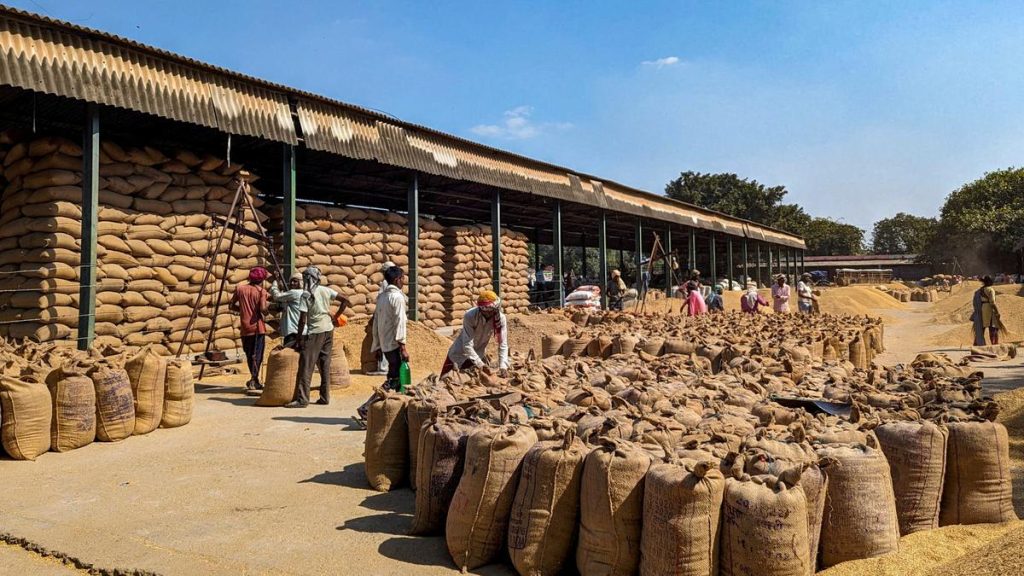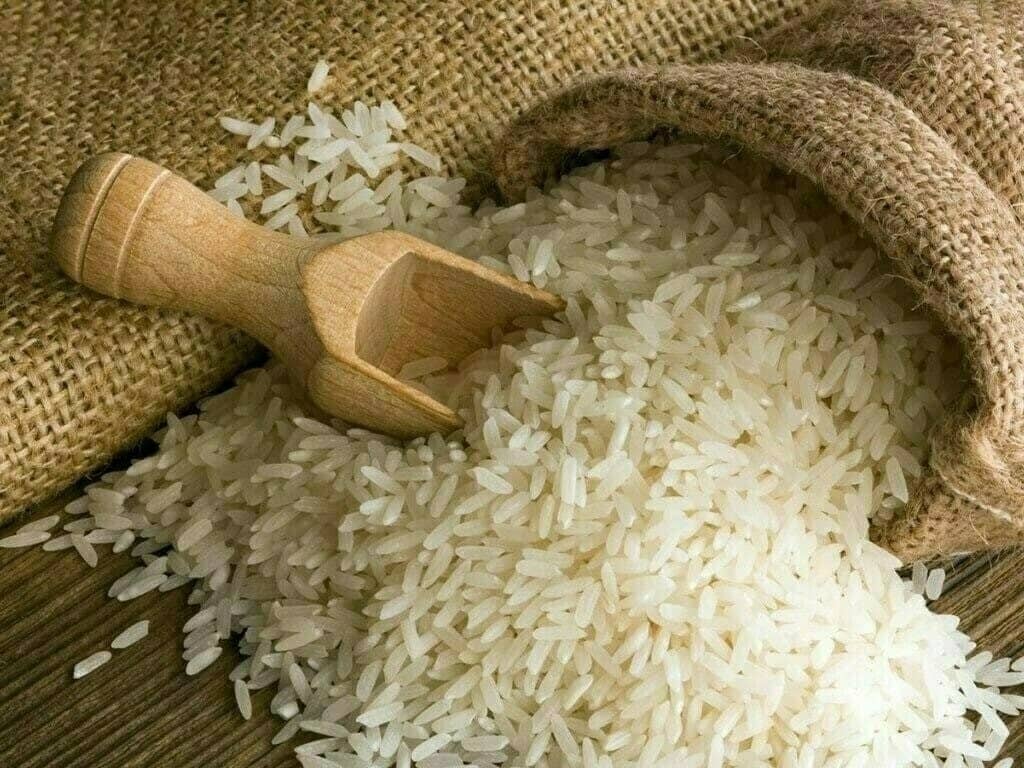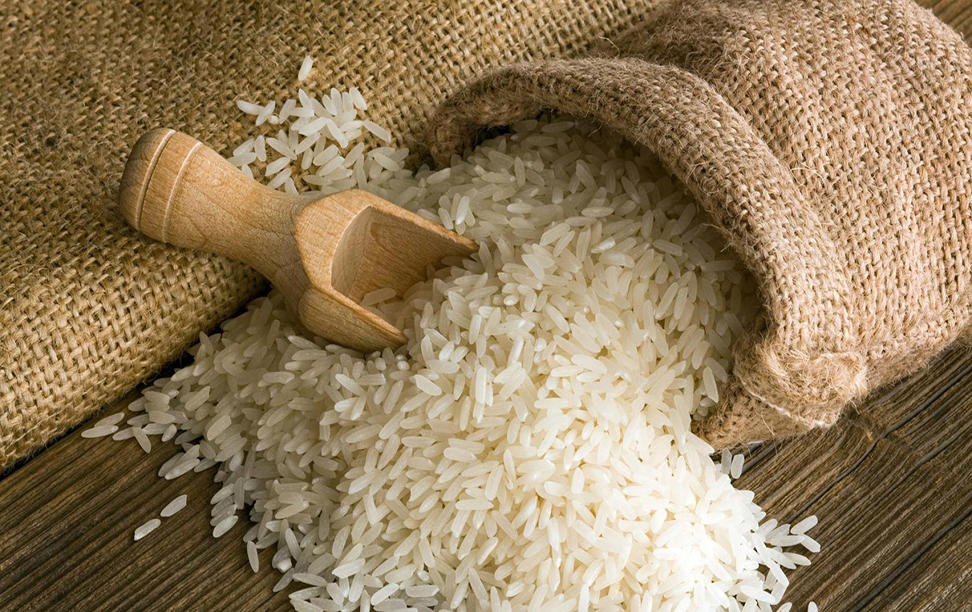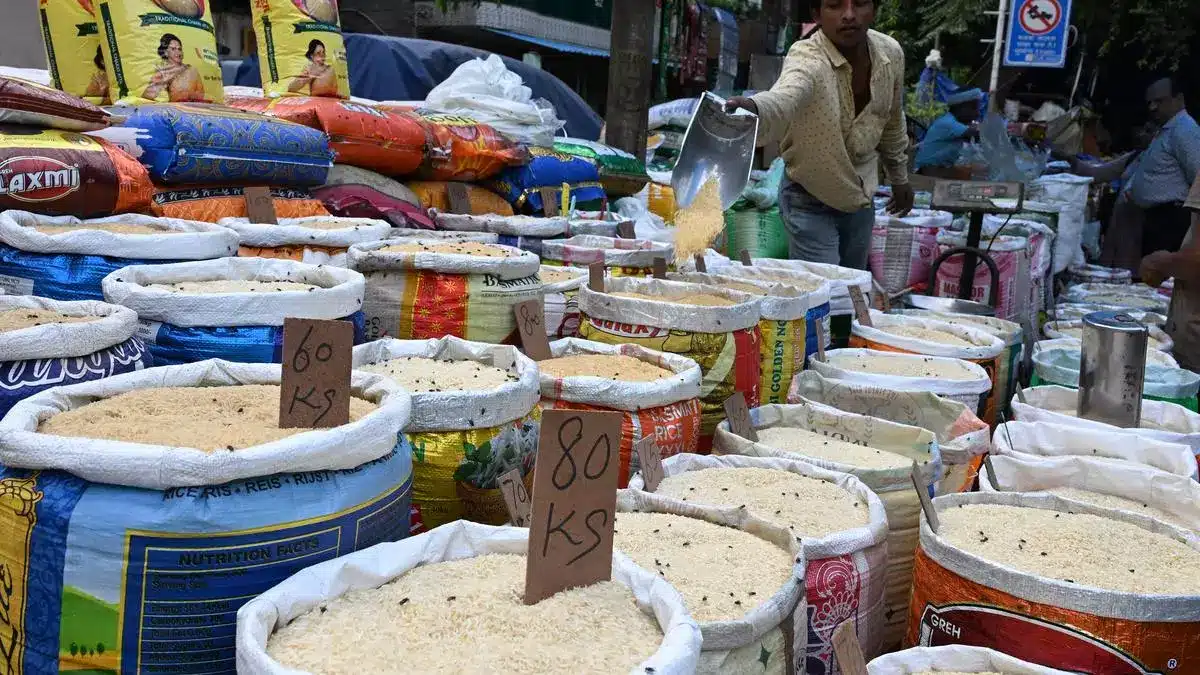Tags
Indian rice exporters expect to face challenges due to policy risks, high prices in 2024
The Government’s policy intervention in 2023 will continue to impact the market.

Workers weigh and pack paddy bags at Sitapur market in Uttar Pradesh. File | Photo Credit: Reuters
Indian rice exporters anticipate 2024 to be a challenging year marked by policy uncertainties and elevated local prices, hindering the normalisation of rice exports from the country.
According to S&P Global Commodity Insights, the Indian Government’s policy intervention in 2023, including banning non-Basmati white rice exports, imposing a 20 per cent duty on parboiled rice exports, and setting a minimum export price of ₹950/ million tonnes (mt) for Basmati, will continue to impact the market.
Despite global repercussions and multi-year high prices, indications suggest that restrictions are likely to continue at least until the first half of 2024.
The Indian government’s decision to curb rice exports was prompted by escalating domestic prices and the desire to ensure adequate supply for the country.
Most industry experts anticipate that the government will not ease restrictions before the general election, which is scheduled for April-May 2024.
The fall in rice production during the 2023-24 kharif season, influenced by El Nino-induced dry weather conditions, further complicates the supply situation. The U.S. Department of Agriculture’s projection for total rice production in India for the October-September period is 128 million mt, down from 135.5 million mt the previous year.
Despite trade curbs, local rice prices have remained robust, leading the government to issue warnings to retailers. However, millers and exporters foresee a sustained high-price environment until the next kharif harvest season, driven by high procurement prices offered by certain State Governments and strong demand from southern States.
Subdued demand for Basmati
West Africa, a significant consumer of Indian rice, is expected to experience subdued demand due to price sensitivity. In 2023, anticipating export curbs, many buyers in West Africa imported large volumes of rice. However, with restrictions now in place, buying has slowed, and high prices may further dampen India’s non-Basmati parboiled rice exports to the region.
While demand from Southeast Asia and some Gulf countries is expected to remain stable, exporters anticipate challenges in West Africa.
The steady demand for Basmati rice might face hurdles due to higher logistics costs and the minimum export price.
Despite shipping disruptions in the Red Sea, exporters believe that Basmati exports will adjust to the new reality without significant disruptions.
On a positive note, India’s rice stocks in the Food Corporation of India’s central pool stood at 56 million mt as of December 1, a 15 per cent YoY increase. Despite concerns about sustained restrictions, the stock levels are well above the government’s buffer stock norm, providing hope for a potential relaxation of export constraints.
Exporters are optimistic that a slow start to procurement this season will eventually improve paddy availability for exports.
https://www.thehindu.com/business/Industry/indian-rice-exporters-expect-to-face-challenges-due-to-policy-risks-and-high-prices-in-2024/article67718775.ecePublished Date: January 8, 2024







